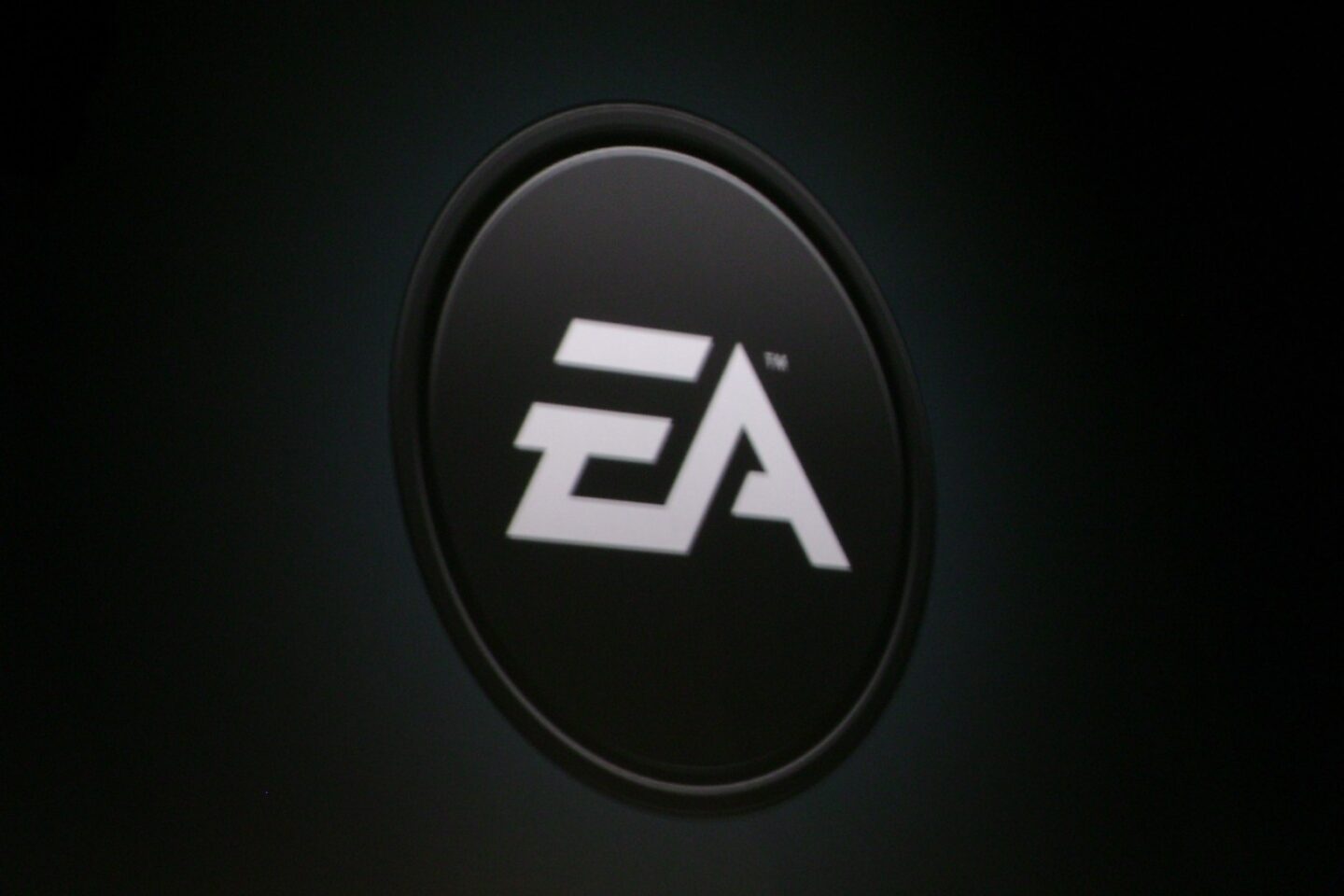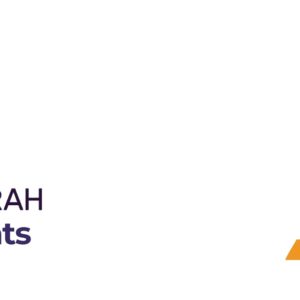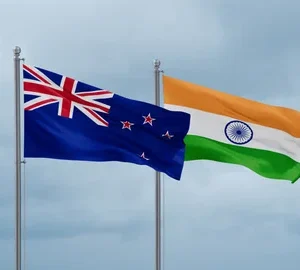Electronic Arts (EA), the powerhouse behind FIFA (now EA Sports FC), Battlefield, and Apex Legends, has just been acquired by Saudi Arabia’s Public Investment Fund (PIF) for a reported $55 billion, making it one of the largest gaming deals in history. The transaction, driven through PIF’s gaming subsidiary Savvy Gaming Group (SGG), marks a major strategic turning point in the global gaming industry.
Background: EA’s Trajectory and the Bidding War
EA, long valued as one of the world’s preeminent gaming houses, has previously dismissed buyout approaches from tech and media giants such as Disney, Amazon, and NBCUniversal. CEO Andrew Wilson has historically promoted EA’s independent growth, citing strong financial results—in the most recent quarter, the company posted a 15% year-on-year increase in net bookings, fueled by live services and online play.
But with the gaming industry consolidating rapidly and increased competition for top-tier content, the Saudi-led bid—backed by billions in available capital, government-driven investment, and global expansion ambition—proved exceptionally attractive.
The Deal: Saudi Control, Global Reach
The $55 billion buyout will see EA managed under “EA Saudi Arabia,” a new entity established by SGG/PIF, which has also recently purchased Scopely ($4.9 billion) and taken stakes in Nintendo, Capcom, and Embracer Group. The deal structure is designed to provide EA with deep investment resources for franchise expansion, enhanced esports ventures, and a wider push into emerging markets—key priorities for Saudi Arabia’s gaming strategy.
EA’s American core operations will remain, but key leadership will now liaise with SGG and Saudi executives. Reports indicate that contractual relationships, including EA Sports’ exclusive FIFA franchise deal, will remain unchanged in the short term. Marketing and global licensing agreements are expected to persist under existing terms, but the scope for future expansion and strategic direction may shift as Saudi Arabia grows its international gaming ambitions.
Industry Reaction and Global Implications
The gaming sector’s response has been mixed. Some industry insiders and analysts are optimistic, predicting that the influx of capital could allow EA to scale up—and potentially reinvigorate—existing franchises and new IP development. Michael Pachter of Wedbush Securities commented, “EA’s potential as a catalogue and a live services platform makes this a logical move, given the resources at play.”
Others express concern about the broader implications of Saudi control—both in terms of cultural content, censorship risks, and the country’s broader record on human rights. The question now is not only how EA will evolve under its new owners, but also what this means for the future ethics, creative direction, and global competitiveness of gaming brands with autocratic-state investment.
Investor reaction so far has been largely positive—EA shares have edged up in pre-market trading—and the move aligns with Saudi Arabia’s stated goal to be a leading global gaming hub by 2030.
Looking Ahead: A New Era for Global Gaming
With EA now under Saudi stewardship, the industry will watch closely as its franchises, business operations, and cultural influence expand with deep-pocketed support and new global ambitions. Whether this deal triggers further consolidation—or ushers in new tensions about the future of interactive entertainment—will be critical questions for players, developers, and policymakers alike.





